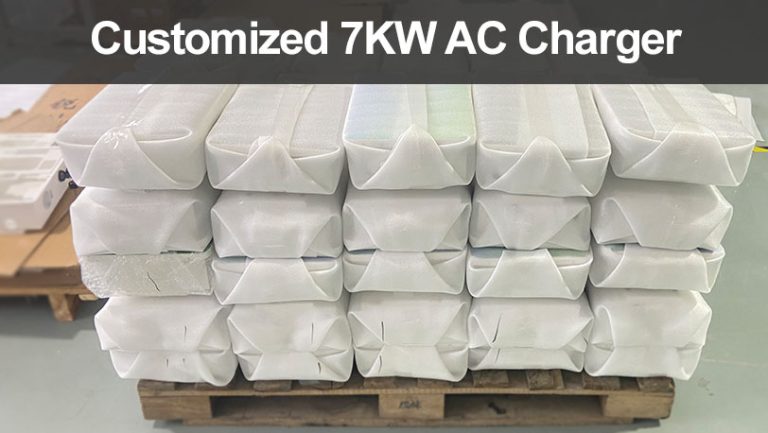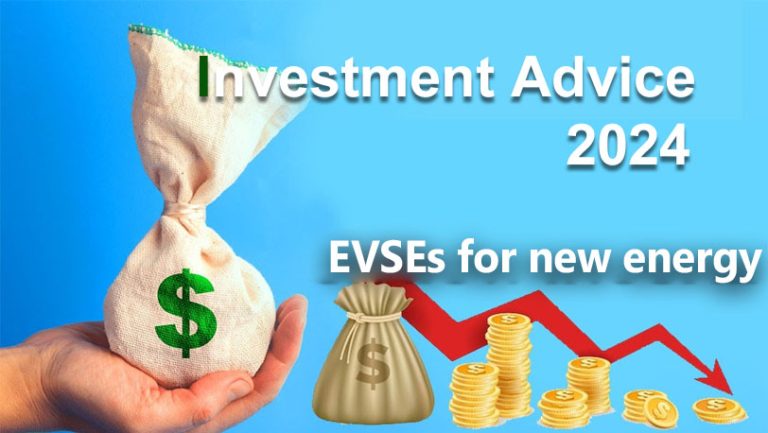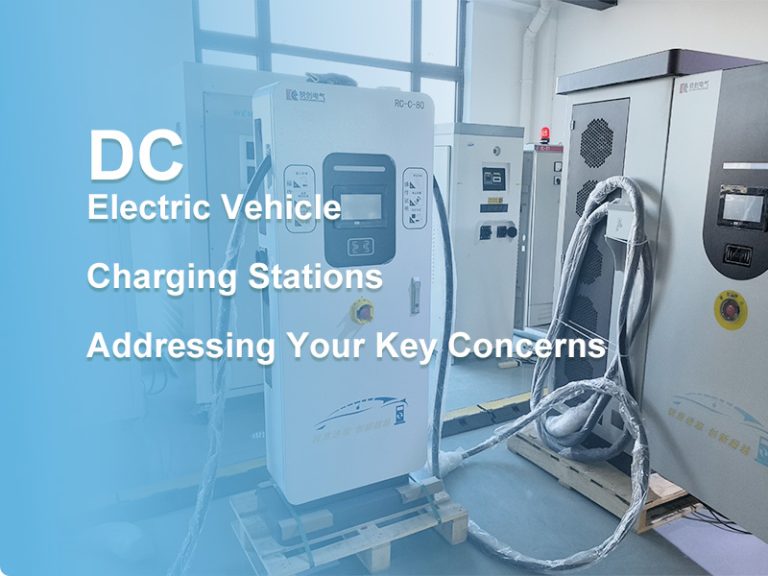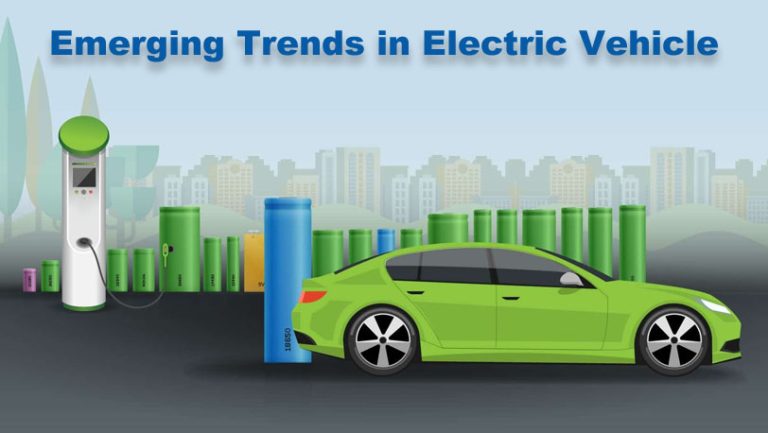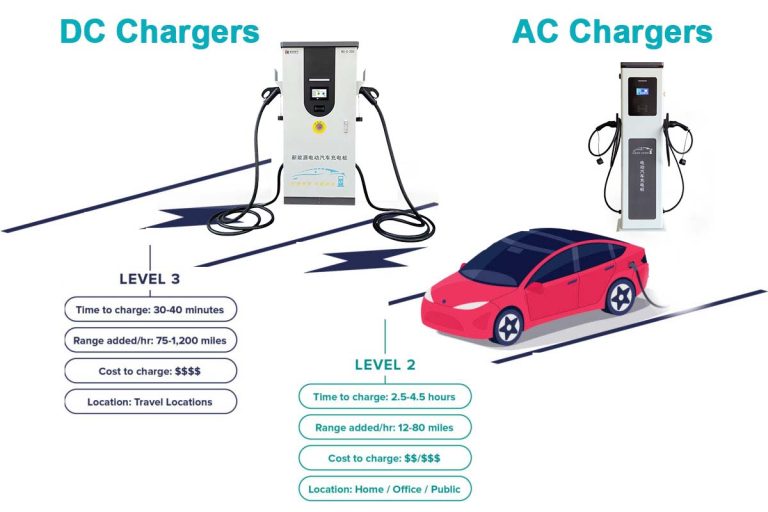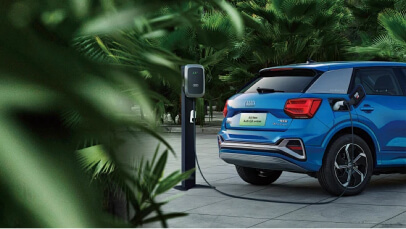How long does it actually take to fully charge an EV? Understanding this is essential for planning trips and making the most of your vehicle. Here’s a straightforward look at what influences EV charging times and what you can expect based on different charging methods.
Charging Times: What to Expect Based on Your Charger
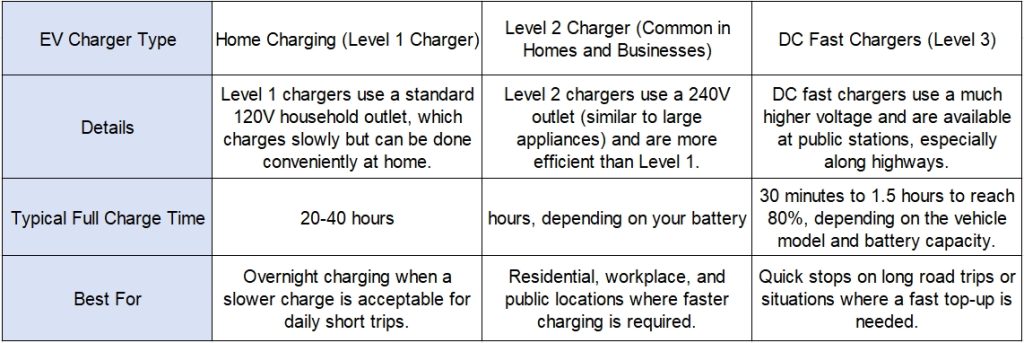
Factors That Affect Charging Time
- Battery Capacity: Larger batteries, such as those in long-range EVs, naturally take longer to charge.
- Current Battery Level: Charging from a low battery level will be faster initially but slows as it approaches full capacity.
- Charging Speed Capabilities of the Vehicle: Some EVs can handle higher charging speeds than others, making them compatible with faster charging stations.
- Environmental Conditions: Extremely cold or hot weather can slow down charging speeds, as the battery management system works to keep the battery at an optimal temperature.
Real-Life Example for Common EV Models
Compact EVs: Models with smaller batteries, like the Nissan Leaf, may take around 8 hours on a Level 2 charger and 30-45 minutes for an 80% charge on a DC fast charger.
Long-Range EVs: Larger vehicles, such as the Tesla Model S or Ford Mustang Mach-E, require more time. They might take around 10 hours on a Level 2 charger, but DC fast chargers can bring them to 80% within 30 minutes to an hour.
At Risen Charger, we’re dedicated to making charging efficient and accessible, whether for home, work, or travel. Our products cover a range of needs—from convenient Level 2 chargers for homes to robust DC fast chargers for commercial sites, helping every EV owner get back on the road as quickly as possible.
Want to know more about our charging solutions? Visit Risen Charger for details on how we’re powering the future of electric mobility.


